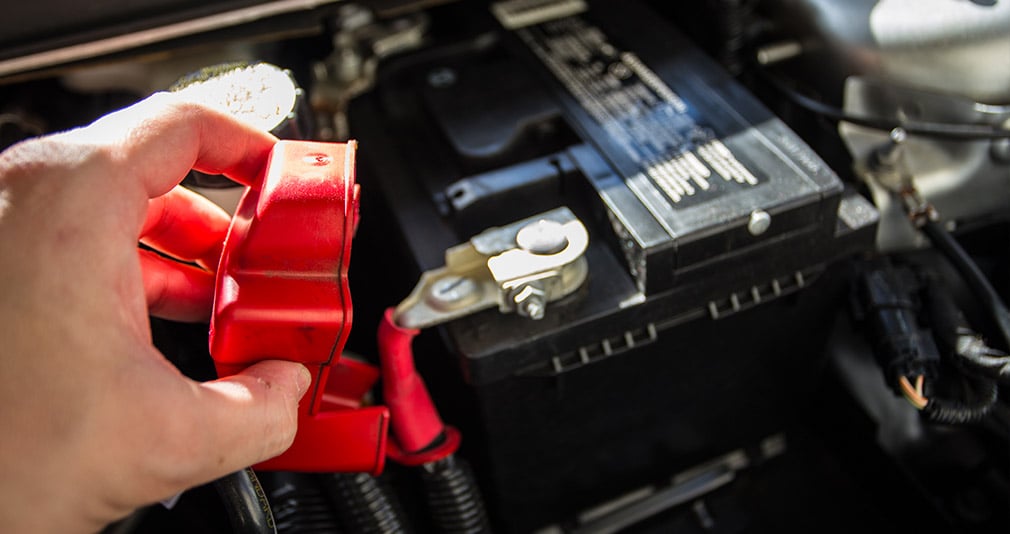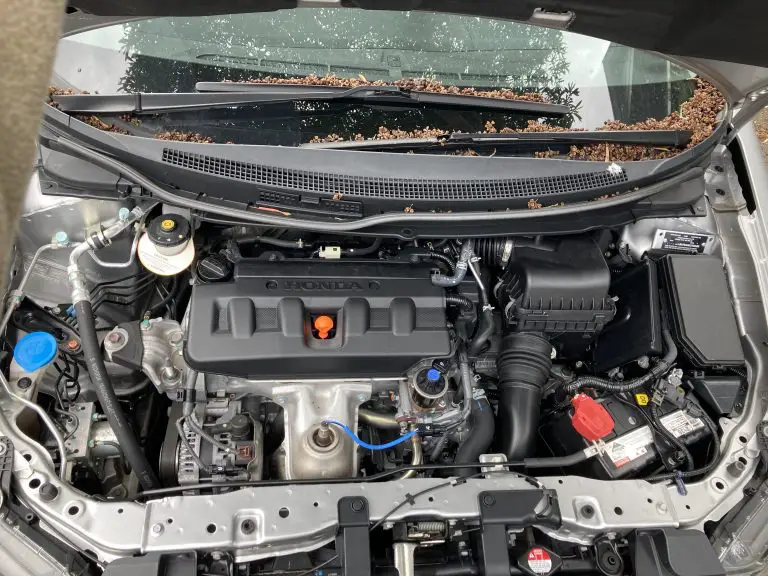Symptoms of a Bad Battery in a Diesel

Credit: blog.rainbowmuffler.net
Symptoms of a Bad Battery in a Diesel
As a diesel vehicle owner, it’s important to be aware of the signs that could indicate a failing or bad battery. A healthy battery is essential for starting a diesel engine, and when it begins to deteriorate, it can lead to a host of issues that can impact the performance and reliability of your vehicle. In this guide, we’ll explore the symptoms of a bad battery in a diesel, and discuss the importance of regular maintenance to ensure your diesel vehicle runs smoothly.
1. Slow Cranking
One of the most common signs of a bad battery in a diesel vehicle is slow cranking when starting the engine. If you notice that the engine takes longer to start or if it cranks at a slower speed than usual, it may be a clear indication that the battery is struggling to provide the necessary power to the starter.
2. Dim Lights
Dim headlights and interior lights can be a symptom of a failing battery. When the battery is unable to supply sufficient power, the lights may appear noticeably dimmer than usual. This is particularly noticeable when trying to start the engine or when using other electrical components in the vehicle.
3. Clicking Noise
Another sign of a bad battery is a clicking noise when you turn the key in the ignition. This clicking sound indicates that the battery is not providing enough power to engage the starter motor. If you hear a rapid clicking noise when trying to start the engine, it’s a strong indication that the battery is the culprit.
4. Warning Lights
Modern diesel vehicles are equipped with various warning lights on the dashboard to alert drivers to potential issues. If the battery is failing, you may see the battery warning light illuminate on the dashboard. This could indicate a charging system problem or a weak battery that requires attention.
5. Electrical Component Malfunctions
A bad battery can also lead to malfunctions in various electrical components of the vehicle. Issues such as power windows operating slowly, the radio losing presets, or the power locks not functioning as they should can all point to a failing battery.
Importance Of Regular Battery Maintenance
Given the critical role that the battery plays in the operation of a diesel vehicle, it’s essential to prioritize regular battery maintenance. This includes checking the battery terminals for corrosion, ensuring that the connections are tight and secure, and testing the battery’s voltage and health at regular intervals.
Additionally, having the battery and charging system inspected as part of routine vehicle maintenance can help to identify potential issues before they escalate into major problems. This proactive approach can save you time and money in the long run, as well as ensure that your diesel vehicle remains reliable and efficient.
Conclusion
Recognizing the symptoms of a bad battery in a diesel vehicle is crucial for maintaining its performance and reliability. By staying vigilant for signs such as slow cranking, dim lights, clicking noises, and electrical malfunctions, you can address battery issues before they leave you stranded. Prioritizing regular battery maintenance and seeking professional assistance when needed will help to keep your diesel vehicle in top condition.
Frequently Asked Questions Of Symptoms Of A Bad Battery In A Diesel
What Are The Common Symptoms Of A Bad Battery In A Diesel Vehicle?
A bad battery in a diesel vehicle may cause slow cranking, dim headlights, and difficulty starting.
How Can I Tell If My Diesel Vehicle’s Battery Is Going Bad?
You can check for signs of corrosion, listen for sluggish starts, and observe frequent jump starts.
What Impact Does A Faulty Battery Have On A Diesel Vehicle’s Performance?
A bad battery can lead to electrical issues, decreased fuel efficiency, and potential stalling while driving.
Are There Any Warning Signs That Indicate A Diesel Vehicle’s Battery Needs Replacement?
Yes, warning lights on the dashboard, a pungent odor, and erratic electrical system behavior are clear indicators.

